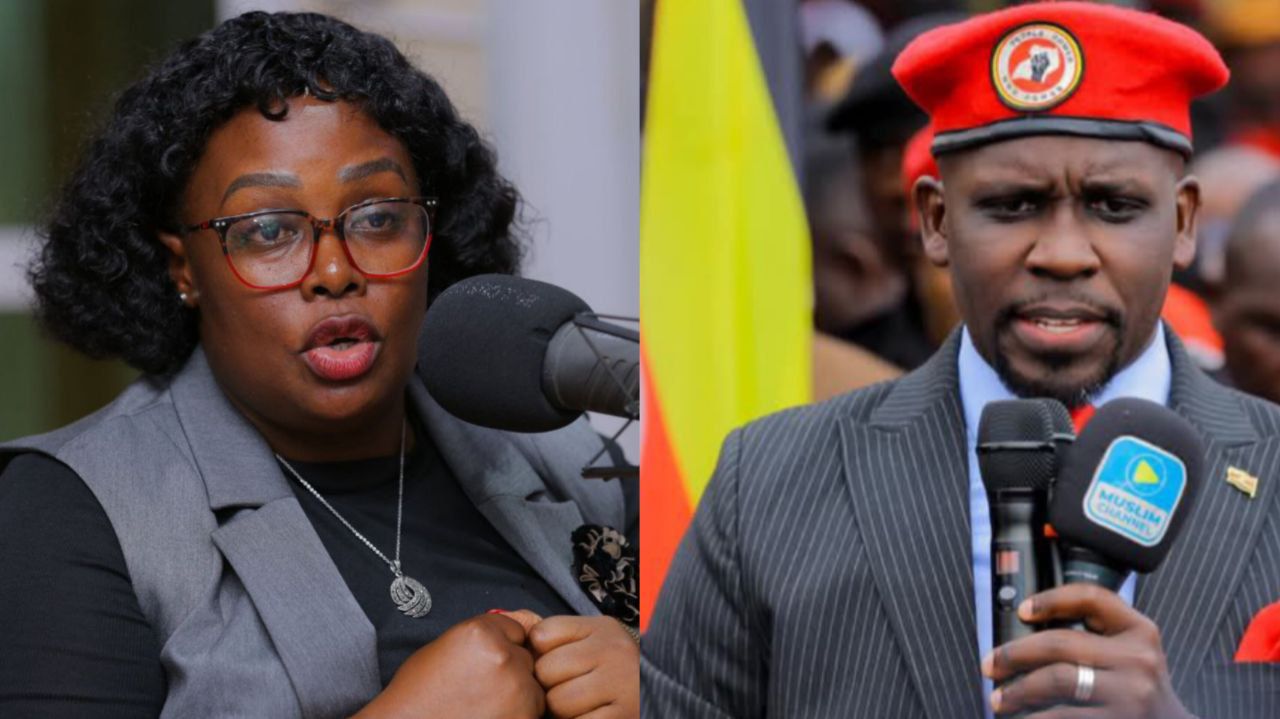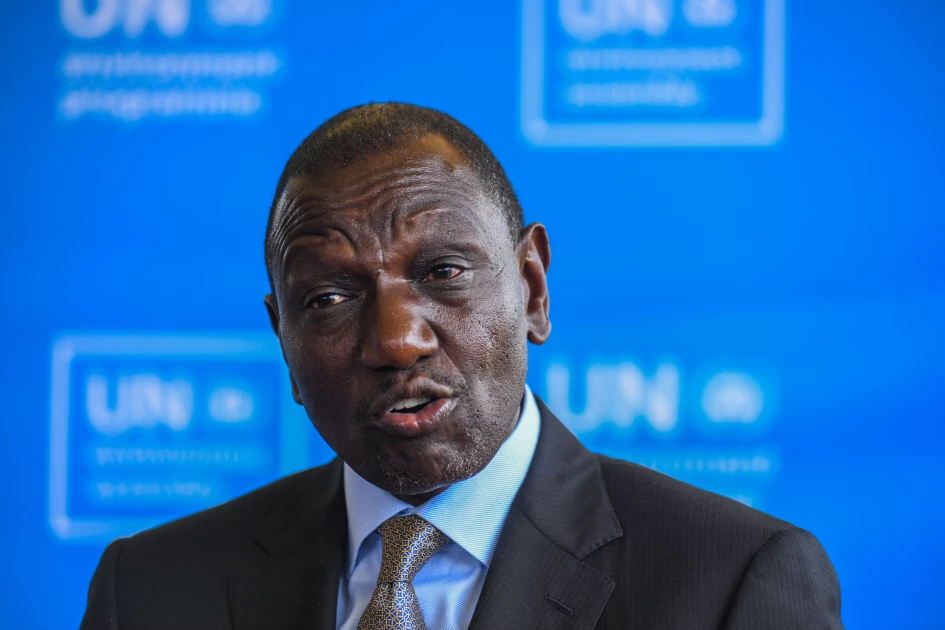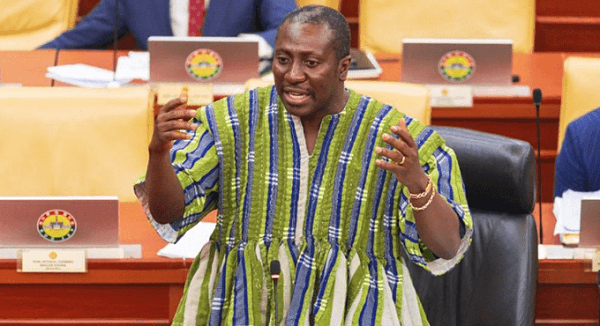U.S. District Judge John McConnell’s 13-page order issued Friday afternoon says the Trump administration may not ”pause, freeze, impede, block, cancel, or terminate … obligations to provide federal financial assistance to states” challenging the policy, until further notice.
McConnell’s order was expected after the judge telegraphed the move at an emergency court hearing earlier this week.
He is the second federal judge to throw a legal wrench in Trump’s aggressive bid to halt the flow of funds that Congress has already appropriated. On Tuesday, another judge handling a separate lawsuit temporarily blocked the Office of Management and Budget memo that ordered the freeze.
The memo called for a pause in federal aid and grant spending so that officials could vet the spending programs for compliance with a series of executive orders Trump issued. Under pressure from Trump critics and even some allies, the OMB withdrew its memo just two days after it was issued.
McConnell’s directive goes further than the earlier judge’s ruling because it prevents the administration from carrying out any systematic defunding efforts while the states push for longer-term relief. McConnell, a Rhode Island-based appointee of President Barack Obama, seized on what he called an “unequivocal statement” from White House press secretary Karoline Leavitt indicating that the administration intended to implement the freeze even after nixing the OMB memo.
“The evidence in the record at this point shows that, despite the rescission of the OMB Directive, the Executive’s decision to pause appropriated federal funds ‘remains in full force and effect,’” the judge wrote, quoting a post Leavitt made on X downplaying the significance of OMB’s move.
The judge continued: “The evidence shows that the alleged rescission of the OMB Directive was in name-only and may have been issued simply to defeat the jurisdiction of the courts. The substantive effect of the directive carries on.”
The state attorneys general challenging the spending freeze argued that it violates the separation of powers, because the Constitution gives Congress the power of the purse. McConell ruled that the states are likely to succeed on that claim.
The White House has argued that the courts have no authority to block Trump’s management of federal spending and that pauses in issuing funds have long been recognized by the courts as legitimate. But a series of conflicting statements from the White House — including a botched clean-up effort by OMB — have created doubts about potentially devastating consequences if the freeze is allowed to proceed, McConnell said.
“The States have set forth facts showing that the Executive’s abrupt ‘pause’ in potentially trillions of dollars of federal funding will cause a ripple effect that would directly impact the States and other’s ability to provide and administer vital services and relief to their citizens,” McConnell wrote.
McConnell also noted that a 50-year-old federal law called the Impoundment Control Act prohibits Trump from unilaterally canceling spending approved by Congress — unless he gets permission from lawmakers.
“Here, there is no evidence that the Executive has followed the law by notifying Congress and thereby effectuating a potentially legally permitted so-called ‘pause,’” McConnell wrote.














